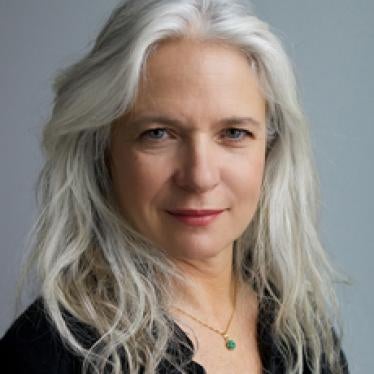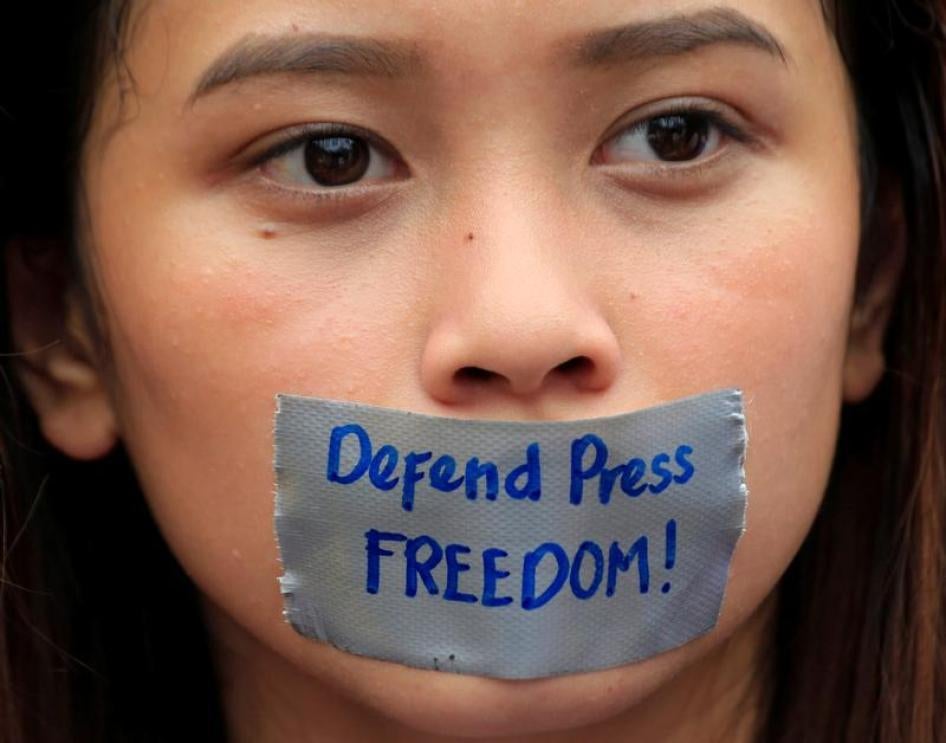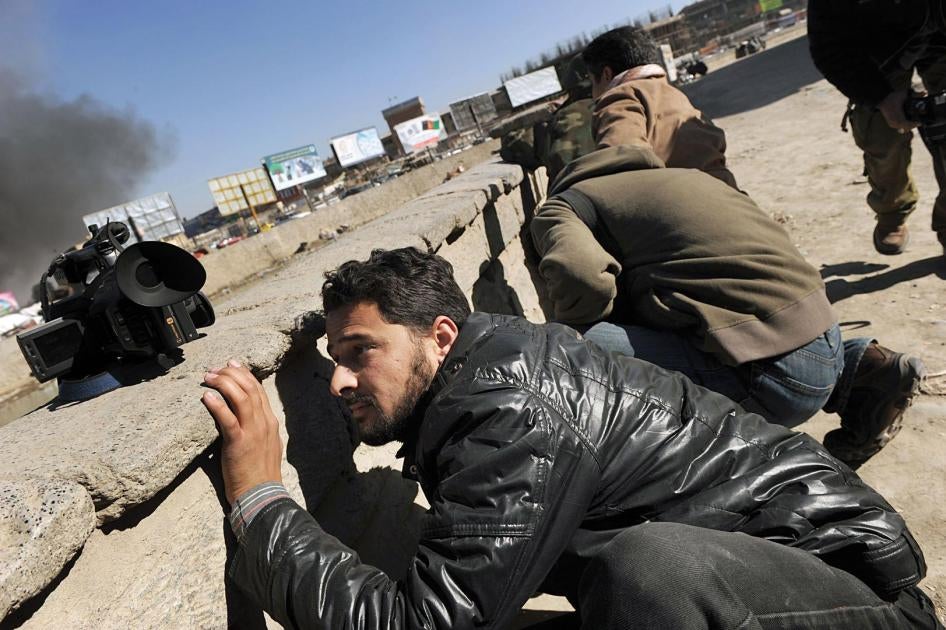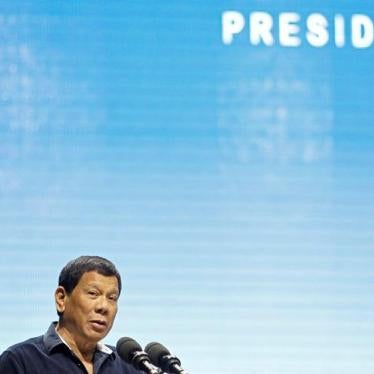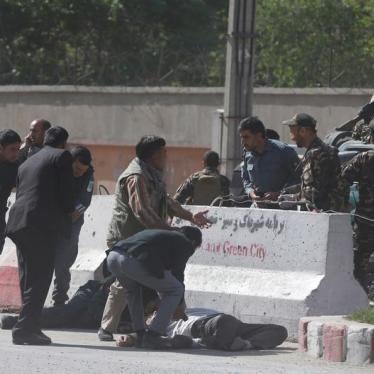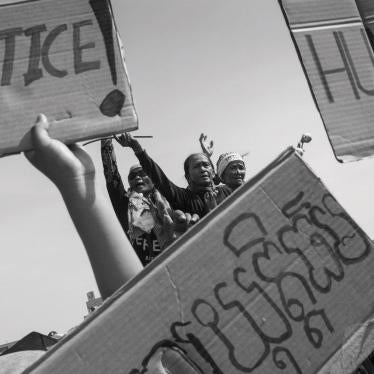“Enemy of the people” is how more than 50 percent of Republicans see the media, according to a US poll. Two reporters are detained in Myanmar for investigating a massacre, one of two independent daily newspapers in Hungary closes, and in Afghanistan, nine journalists are killed covering a bombing. Animosity toward journalists is growing worldwide as we mark World Press Freedom Day.
Governments the world over want to control the media – without an inconveniently free press, officials find it easier to do what they want. They can claim almost 100 percent literacy rates, squander national assets on mansions abroad, forcibly disappear opponents, and hide infectious disease outbreaks or critical health data.
There are many ways to suppress the media, all of which encourage self-censorship. Dozens of countries jail journalists on dubious grounds of protecting national security, with Turkey atop this dismal league. Others use overbroad laws to silence criticism, including imprisoning journalists and bloggers for “defamation” which resulted in a Myanmar poet being jailed after writing, “On my manhood rests a tattooed/portrait of Mr President.” In many countries it’s unlawful to insult the leadership, be it the president, the king, the “father of the nation,” or the military. Singapore bans “scandalizing the judiciary” and Bahrain punishes “offending a foreign country.” Bureaucratic tactics also include burdensome regulations on pesky outlets and threats to withhold government advertising or limit license approvals. The countries with the tightest media controls are North Korea and Eritrea, say press freedom groups.
If legalistic strategies don’t work, governments try threats, violence, imprisonment, or murder.
We know autocrats target the media; what’s especially disturbing today is that democratically elected leaders are following suit. US President Donald Trump’s expressed disdain for the media is so severe that press freedom groups created the US Press Freedom Tracker to monitor legal and physical threats facing journalists in the land of the First Amendment, which reads “Congress shall make no law ... abridging the freedom of speech, or of the press.”
Trump’s characterization of any reporting he doesn’t like as “fake news” has been seized upon and echoed by authoritarian circles in Syria, Venezuela, Libya, Somalia, and beyond. The Russian Foreign Ministry has a “fake news” web page that denounces critical foreign coverage and promotes conspiracy theories about “the Western media.” Malaysia has just convicted the first person charged under its new “fake news” law.
It’s not only in war zones and dictatorships that journalists take risks to hold those in power to account. And independent media are fundamental not only to a well-functioning democracy, but to anyone who wants to know whether tap water is safe for your kids to drink, if veterans are getting proper medical care, if the women in your life face sexual harassment at work or sexual assault on campus, or if the land you live on has been poisoned by industry. So today, stand up for a free press.
